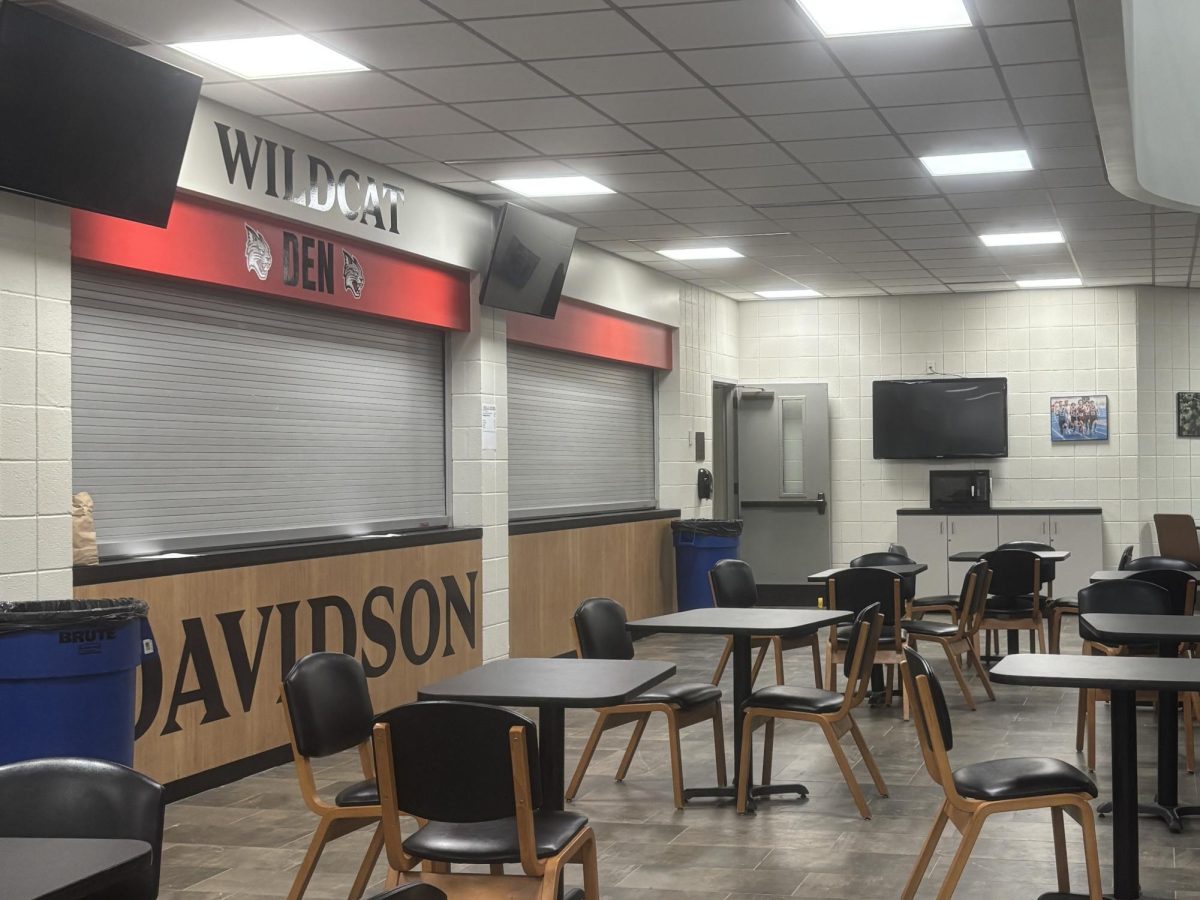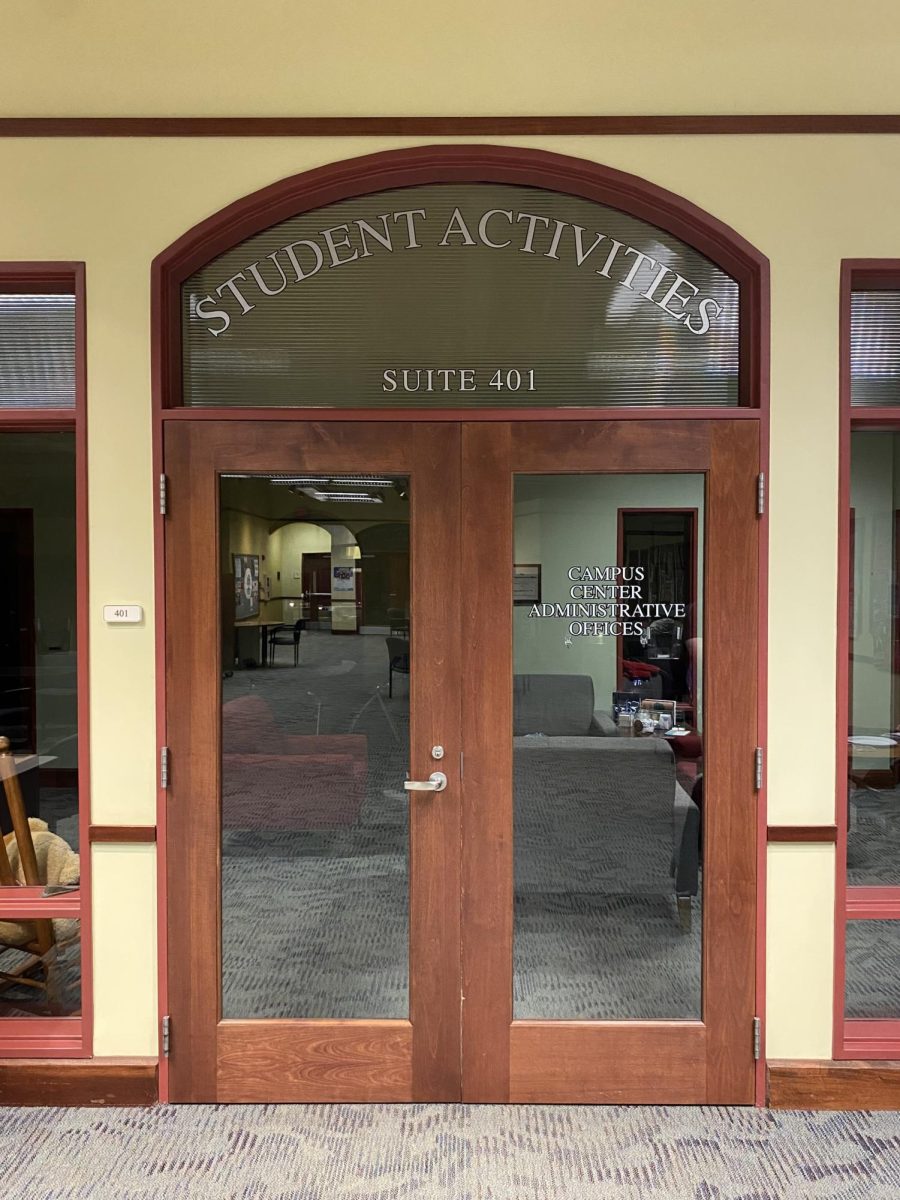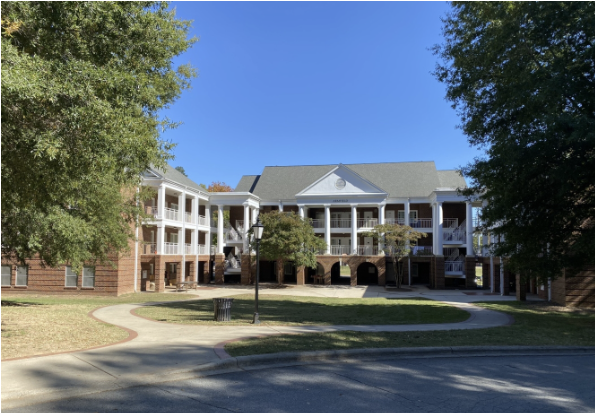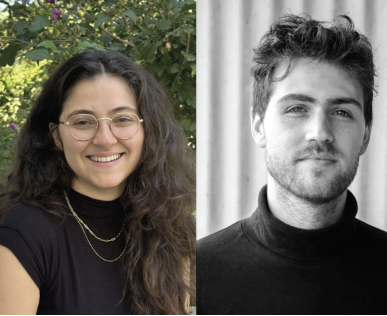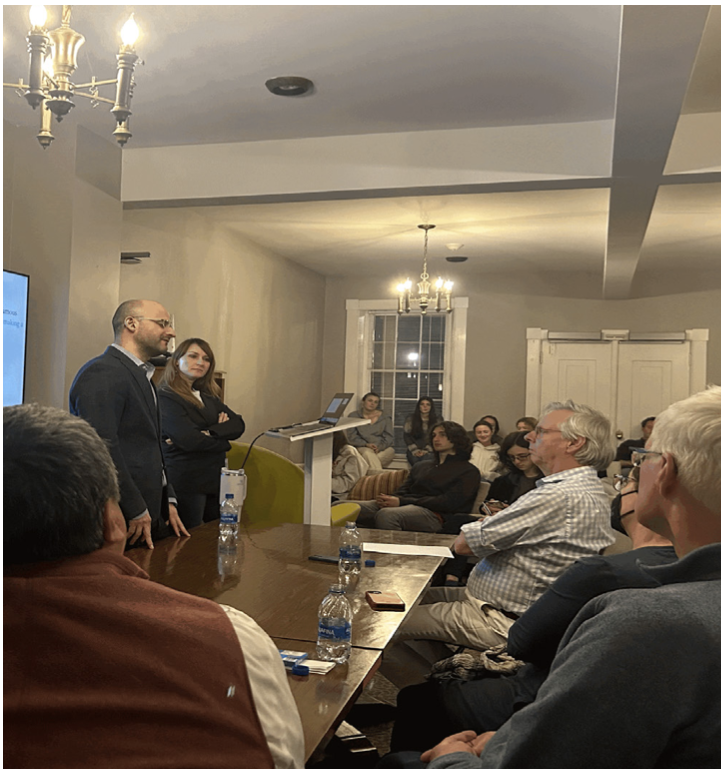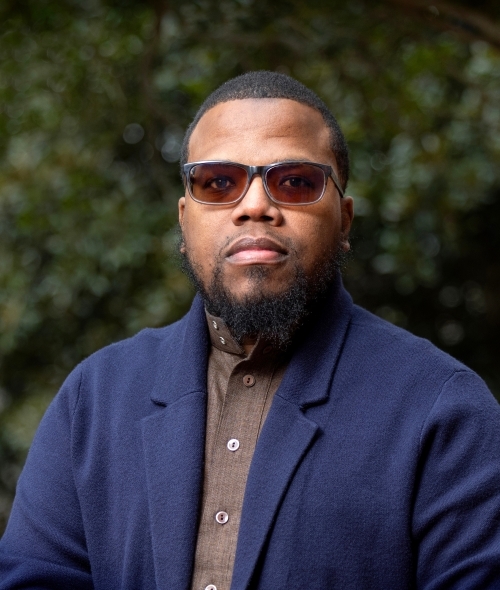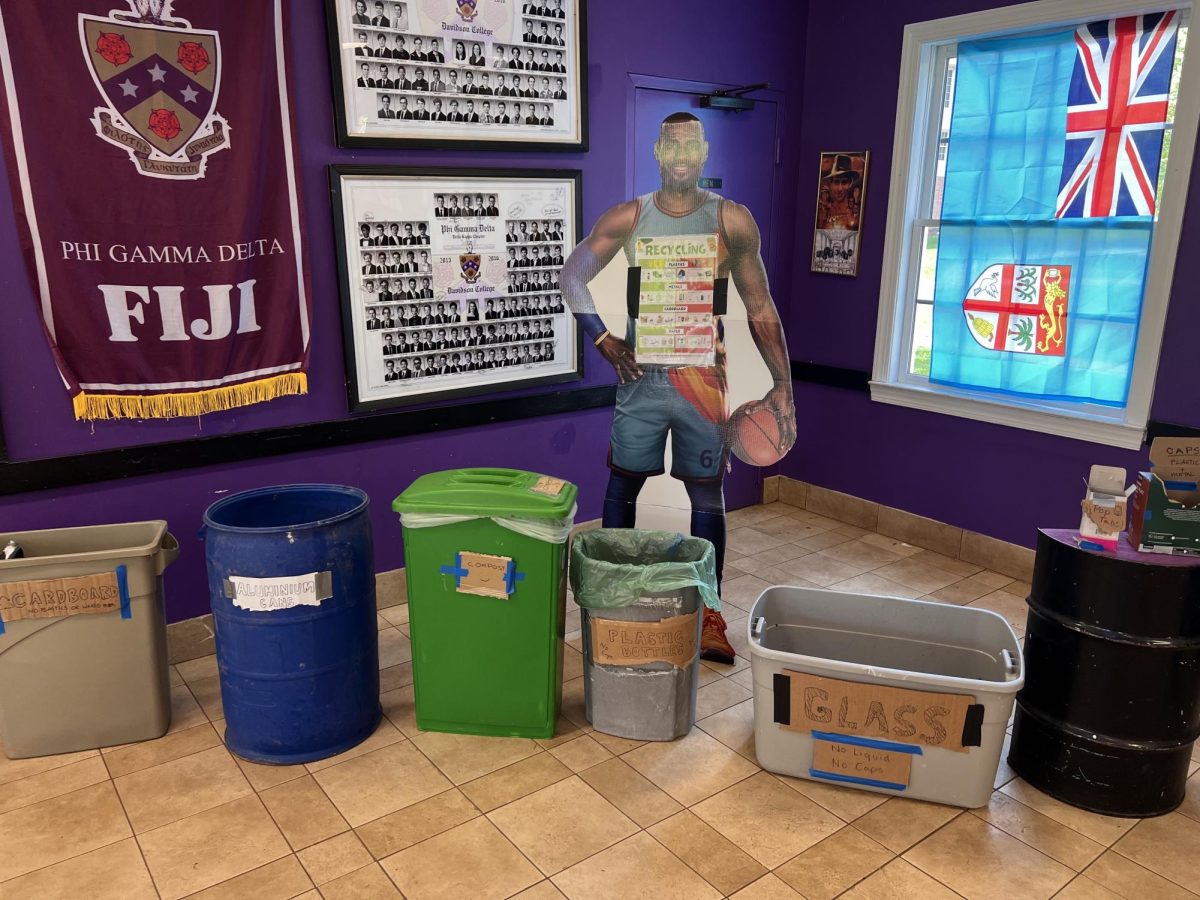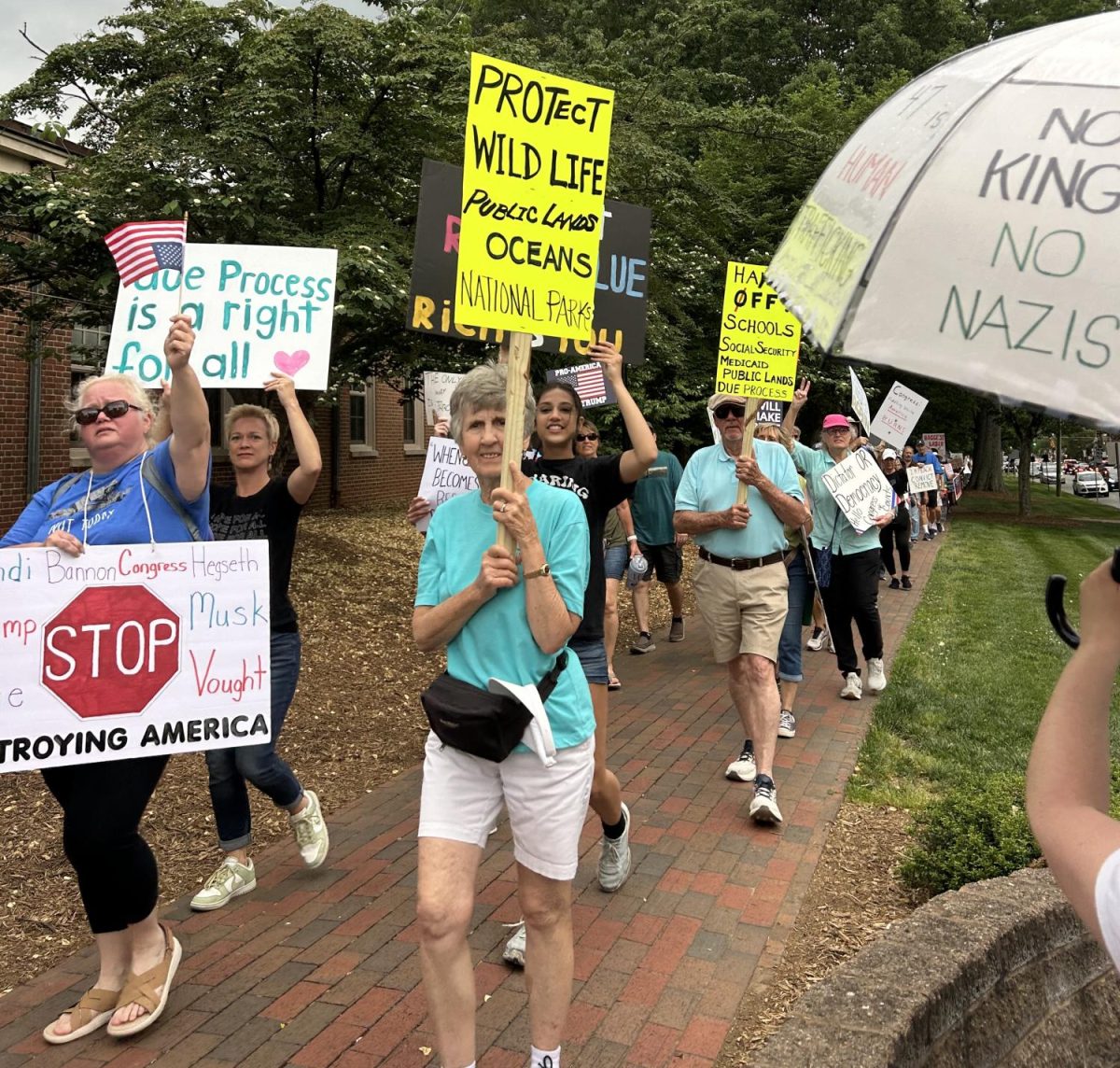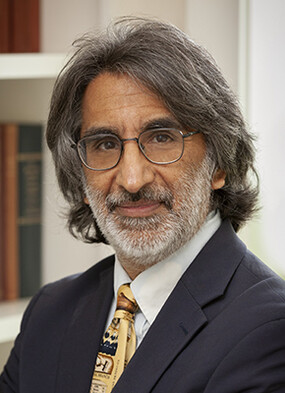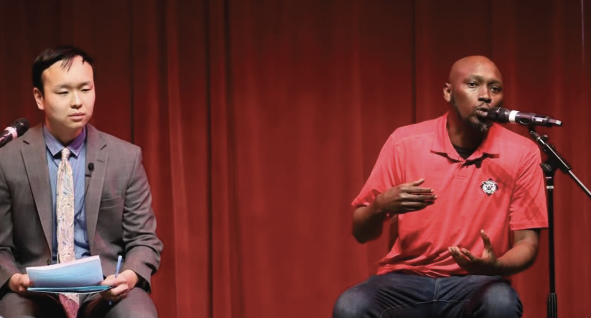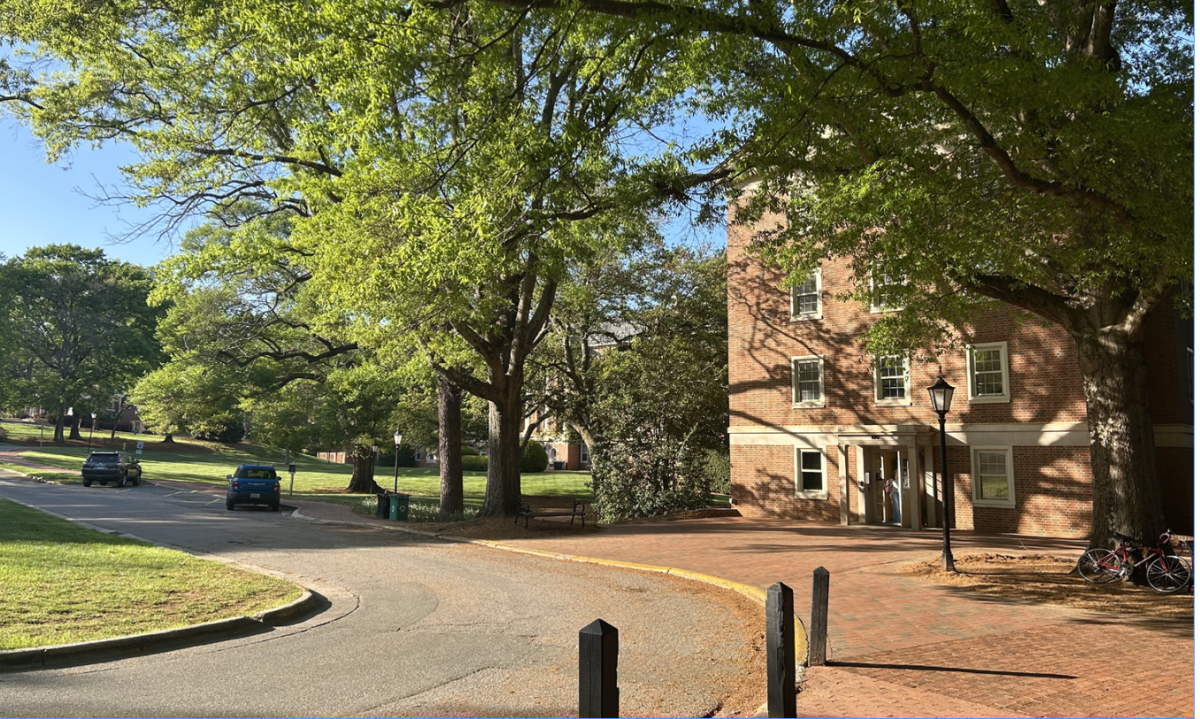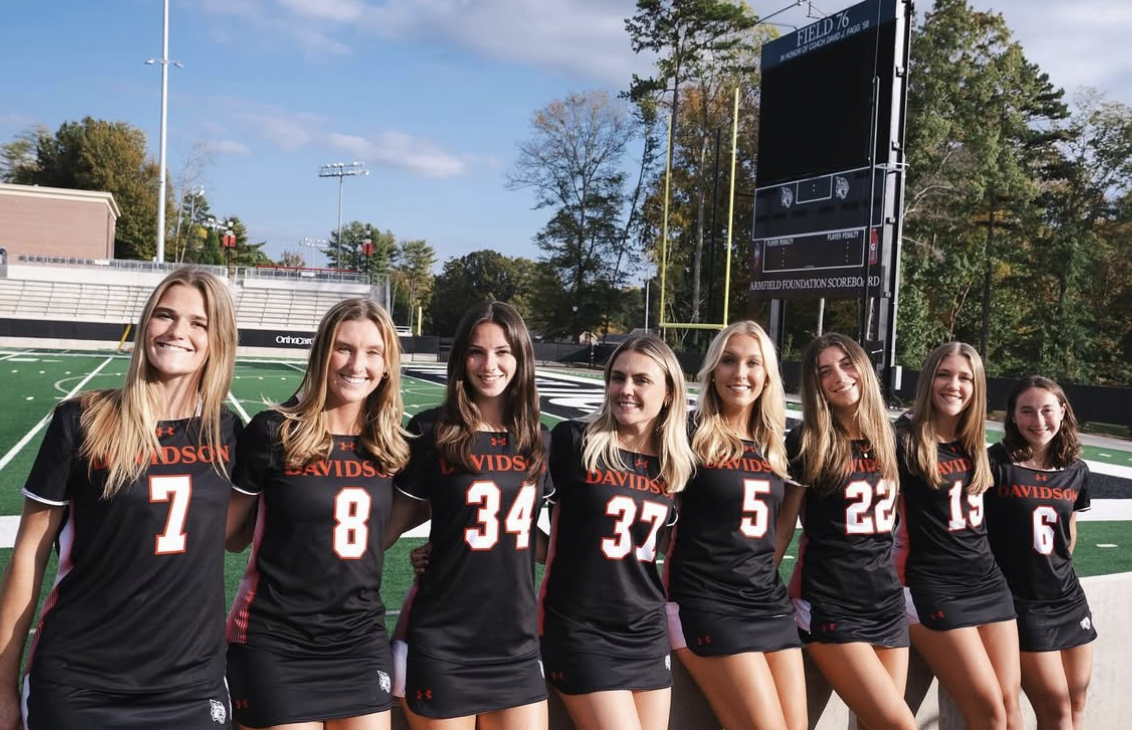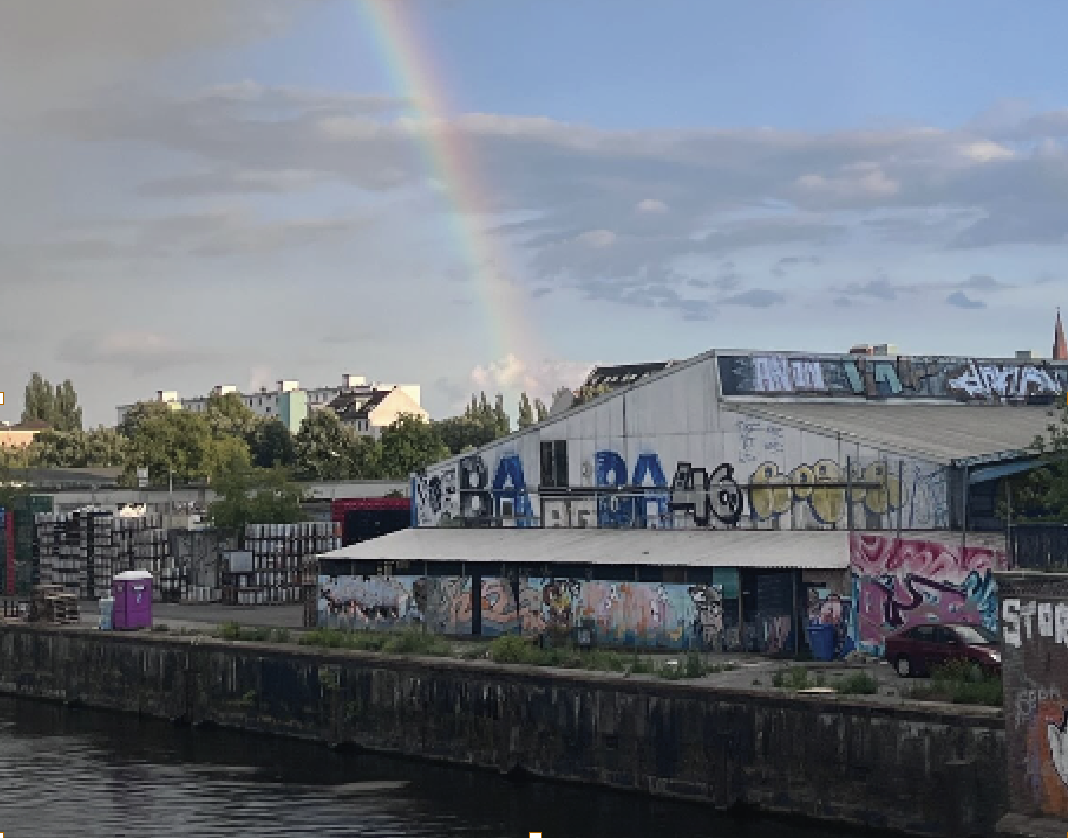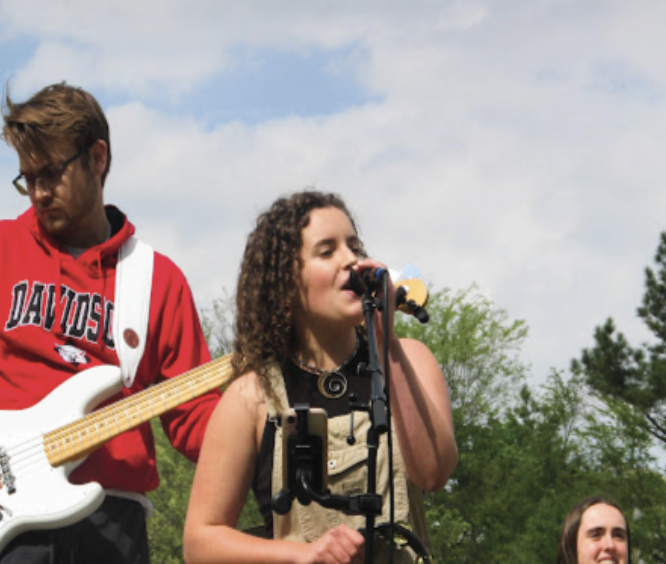What’s happening:
Across the United States, international students live each day unsure if they will be the next victims of the Trump administration’s deportation campaign.
In recent weeks, college students have been the targets of U.S. Immigration and Customs Enforcement (ICE) raids. On March 25, Rumeysa Öztürk, a Tufts University student who engaged in pro-Palestinian activism, was taken off the streets near their campus in Massachusetts. Though it was recently revealed that there was no evidence to support that Öztürk had links to antisemitism or terrorism, as the Trump administration had claimed, the jarring video emphasized the brutality of the new federal government initiatives.
Closer to Davidson’s campus, six international students at the University of North Carolina at Charlotte and two students at North Carolina State University had their visas taken away and are subject to deportation.
Many of the students affected have been F-1 or J-1 visa holders. “Attorneys and advocates say it seems as though people who have protested in support of Palestinians, those with previous arrests and those with certain political social media posts are the likeliest to have been swept up,” an article published by NBC news on April 10 stated.
Most international students have F-1 visa status, a visa that allows people pursuing academic studies to temporarily live in the United States. Though the Trump administration has not explicitly stated that they are targeting colleges, these actions are nonetheless a cause for concern among students.
What students should know:
Public universities are more susceptible to ICE raids, often with no prior warning. Davidson’s status as a private institution gives it some control over parts of campus that are not open to the public. However, because the people ICE targets are individual cases, Davidson may not be able to intervene, particularly if the federal government has a warrant. Therefore, the College still recommends that international students remain aware of their status and their rights.
In addition to visa holders, the College has emphasized their commitment to undocumented students: “Davidson College is committed to educational access and social diversity which are essential components for achieving excellence in a liberal arts education,” the College website states.
Though the President’s Office did not provide more specific guidance on how students can receive emotional support on campus, they emphasized that there are various resources available to students, particularly through student groups such as the Davidson International Association (DIA) and the International Student Engagement Office (ISE). Over the past few weeks, there have been various events, including Coffee and Tea with ISE and two different sessions called Know Your Rights: Immigration Session for International Students. Additionally, the College has an extensive WildcatSync article titled Know Your Rights & Responsibilities in the U.S.
“Carry a copy of their I-94 record or, if you are a Permanent Resident, their green card. ISE advises students to keep these in their wallet at all times and advises F-1 students to have a copy of their I-20, passport and visa easily accessible,” the article recommends. WildcatSync also includes various links to websites such as the ACLU, and informative information as to what to do if ICE visits campus. Notably, if ICE stops an international person in public, the person has the right to remain silent, speak to a lawyer and refuse a search. If approached at home, a person can refuse to open the door and remain silent.
Other recommendations on the National Immigration Law Center include memorizing the phone number of a family member, friend or attorney to call in case of an emergency, as well as carrying a know-your-rights card and any other legal documents that are crucial for your identification.
How students are feeling:
With the ongoing situation, intense anxiety among international students is common. In separate interviews with The Davidsonian, two international students, who wish to remain anonymous, expressed their concerns.
“I think we’re in a difficult situation right now […] as international students because there is so much uncertainty about our future, and having to change plans. Initially, [I thought] we can stay in the U.S. for grad school and then decide what to do next. But none of these things actually seem to be possible right now,” one student stated. “I had the realization that […] I actually need to change my plans […] my lifetime plans that I’ve been working on for so long—I suddenly have to change them, because I don’t know if I’ll actually be able to get a PhD in the first place.”
In this student’s opinion, the College could be doing more to communicate with students. After a “Know Your Rights Session” in February that was described as “chaos,” this student felt it was important to intervene and have another session. “The ISE doesn’t usually get support from the administration in the first place from my knowledge—but maybe they are. […] They rely so much on student workers because they don’t have enough people,” they described. “They’re not helping ISE. If they were, the situation would be much different and our first session wouldn’t have been the chaos that it was.”
Still, they admitted that there is much uncertainty and they themselves do not know how much the College can do.
“When I’m [talking about the] administration, it’s really the higher-ups like the dean of students, the president, vice president—there is no communication whatsoever. I guess I also have the question [of] what can they actually do? Because all of us are in this uncertainty, right? But I feel like at least acknowledg[ing] [that], ‘Yeah, this is happening, and we are on it, and we’re trying to see how you guys feel about things,’ that would be helpful,” they stated.
In addition to their daily worries, there is an academic toll. “I’ve had to individually talk to professors and say, ‘Hey, this is my situation. I’m extremely demotivated. I don’t see my future anymore. I don’t really want to be doing anything academic related because I really don’t know what the future holds for me,’” they continued. “I’m hating going to class right now. […] You see these people who don’t really have to think about these things, and you’re expected to have the same output and the same mental energy and the same social and emotional energy as everyone else.”
Another international student echoed these feelings.
“I feel like there is a lot of anxiety on campus […] from students […] a lot of students are anxious. They don’t know what they should be doing or what they want to be doing over the summer, for example. And I know some of my friends who wanted to go back [home] over the summer have had to cancel their plans because of the uncertainty.”
This student’s home country is currently listed under the Level 3 travel advisory by the U.S. Department of State. Because of this, the student has been cautious about traveling outside of the U.S., most recently ending their spring break trip early to come back to campus.
Still, this student emphasized that approaching the administration one-on-one has been helpful, including Director of International Student Engagement Angie Edwards.
“She [Edwards] told me that she’s heard from offices that are willing to make opportunities for students who are at risk of traveling or were at risk of being placed on a travel ban. They’re willing to make opportunities to allow students to work on campus or to stay on campus for the summer. That has not been communicated to the students, which is unfortunate. Whenever I do ask, it feels like it’s a matter of resources,” they explained.
Edwards deferred to the President’s Office for commentary for this article.
“The people who are at risk would benefit from knowing that they have these resources, but I now realize that they would only know these resources if they reach out to these offices,” the student continued. “Otherwise, they don’t have any access to this information, and that’s why I was pushing them. […] She [Edwards] sent out an email during spring break to all the students that are at risk of the travel ban.”
Vice President for Diversity, Equity and Inclusion Dr. Chloe Poston emphasized that Davidson is prepared for ICE if it arrives. “We have protocols in place if ICE were to come to campus so that we can make sure that their presence on our campus is addressed by another law enforcement officer, ideally, our campus police officers. I recognize that it is an uncertain time, and fear is not an unreasonable feeling. Anxiety is not an unreasonable feeling. We’re doing everything that we can to be as supportive as possible at this moment,” Poston said.




